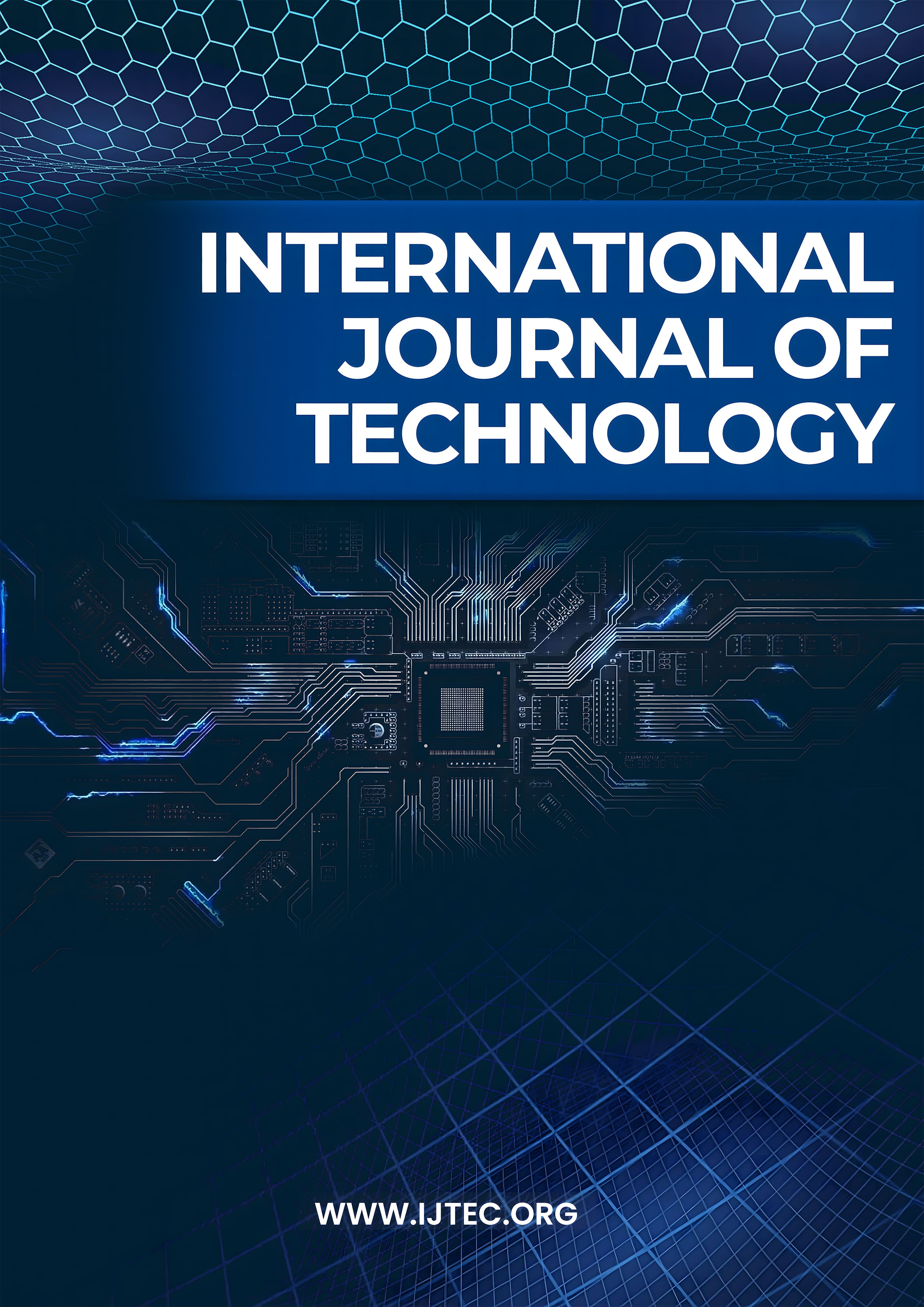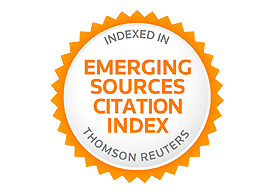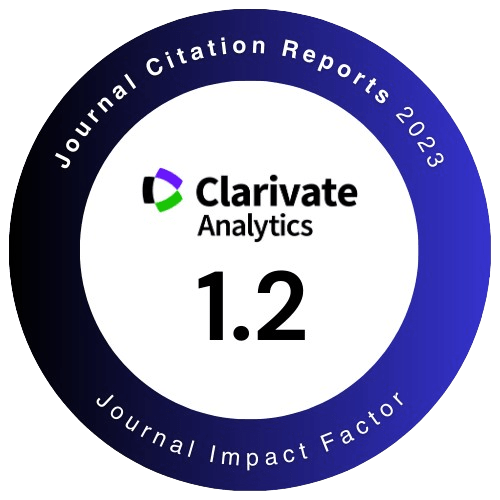Development of Efficient and Scalable Production Process of Analytical Grade Sodium Chloride at Laboratory Scale
Abstract
Analytical grade Sodium chloride (NaCl) is one type of salt with a purity of > 99.50 % NaCl content, including other impurities. In laboratories, salt is used as a reagent and a standard solution. This research carried out the salt production process through purification, acidification, neutralization, crystallization, and drying methods. Compared to existing technologies, the advantages of this technology are its simplicity and ability to produce accompanying products. In the first stage of the purification process, the precipitation of sulfate (SO42-) and magnesium (Mg2+) ions was examined. In this step, 20 % w/v barium chloride (BaCl2) and 20 % w/v sodium hydroxide (NaOH) solution were consecutively used, and after 12 hours of sitting, the filtering process separated the mixture. The second stage of purification will investigate the precipitation of calcium (Ca2+) ions using 20 % w/v sodium carbonate (Na2CO3) solution, and the mixture was again separated by filtering after 12 hours. All stages of the purification process have shown that the ions concentration decreases by adding BaCl2, NaOH, and Na2CO3 solution. Furthermore, the acidification, neutralization, and crystallization processes can control pH and potassium (K+) content. The results demonstrated that the technology produced 30% analytical grade NaCl with purity > 99.50% and high brine solution as a by-product, which can be further processed for producing pharmaceutical and food-grade salts.
Keywords
Full Text:
PDFDOI: https://doi.org/10.14716/ijtech.v15i3.5606











